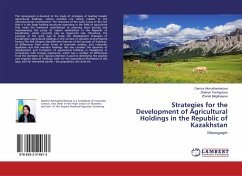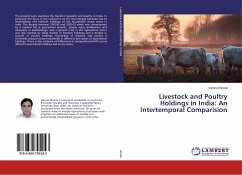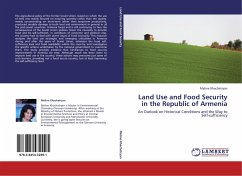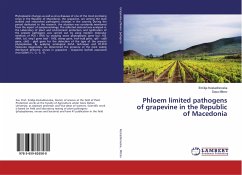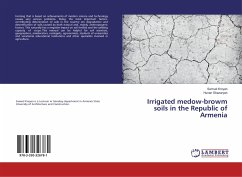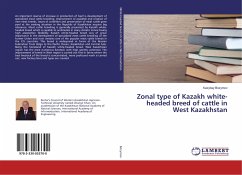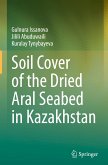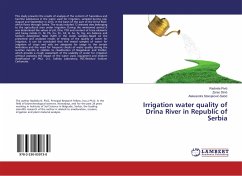The monograph is devoted to the study of strategies of leading Kazakh agricultural holdings, whose activities are closely related to the macroeconomic environment. The relevance of the work is due to the fact that it is the large holding structures operating in the field of agriculture that make the maximum contribution to ensuring food security and implementing the policy of import substitution in the Republic of Kazakhstan, which currently play an important role. Therefore, the purpose of the work was to study the development strategies of Kazakhstan's agricultural holdings in the context of dynamic environmental factors.The first Chapter identifies the features of the concept of "holding", its differences from other forms of economic entities, and interprets legislative acts that mention holdings. We also consider the dynamics of development and formation of agricultural holdings in Kazakhstan in comparison with foreign experience, which has a number of differences from the domestic one. Special attention is paid to identifying the positive and negative sides of holdings, both for the associations themselves of this type, and for interested parties - the population, the state etc.
Bitte wählen Sie Ihr Anliegen aus.
Rechnungen
Retourenschein anfordern
Bestellstatus
Storno

